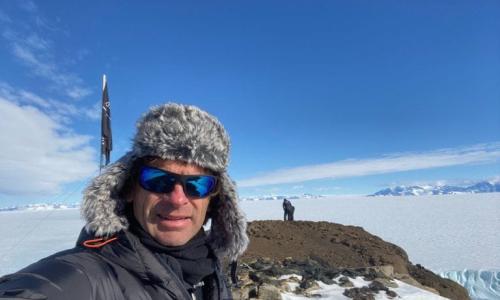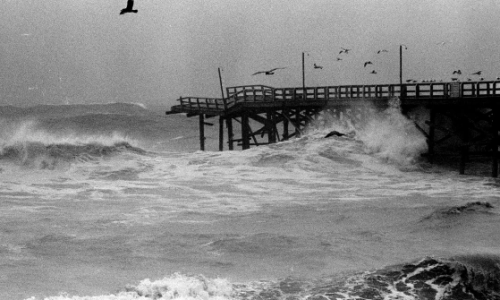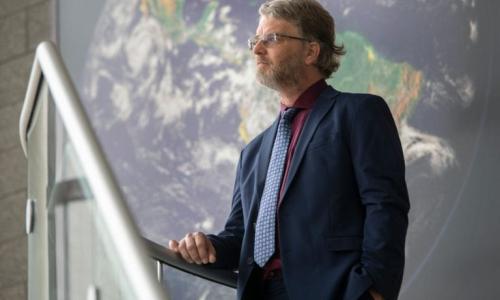newspage
THREE IN UCI PHYSICAL SCIENCES BECOME 2021 AAAS FELLOWS
They join a list that includes scientists like Thomas Edison.
Jan 20, 2023
The seal and robot helped scientists find a climate change disaster waiting to happen in one of the most mysterious regions on Earth: vast glaciers in West Antarctica.
Jan 18, 2023
New research in the northern part of Greenland finds temperatures are already 2.7 degrees warmer than they were in the 20th century.
Jan 18, 2023
Southern California has so far escaped the worst impact of recent rainstorms, but a new study shows a 100-year-flood event would disproportionately impact Black residents.
Jan 12, 2023
The heavy inundation of rain is likely preventing mass die-offs in forests.
Jan 12, 2023
Earth system science professor teaches first session of climate change course from Antarctica.
Jan 11, 2023
Human activity has damaged this protective layer of the stratosphere, but scientists say the ozone layer is on track for recovery.
Jan 10, 2023
Amid California's stormy weather, it feels like El Niño and La Niña have switched roles
Jan 10, 2023
For Californians, a classic El Niño means big waves, white mountains and lots of rain, just like the phenomenon's opposite, La Niña, has been serving up.
Jan 4, 2023
Deep overturning circulation collapses with strong warming.
Dec 23, 2022
In Southern California, automobile emissions are the biggest source of carbon dioxide in the air. But during the pandemic, when there were fewer cars on the road, those levels decreased.
Dec 22, 2022
UCI leading globally with their campus-wide solutions-that-scale initiative—developing and cultivating transdisciplinary energy and environmental solutions that scale globally in response to climate change; interweaves the entire campus ecosystem: research and education from each academic unit of 14 UCI schools, personal engagement from the student body, and a living-lab exploration within the city-sized community.
Dec 14, 2022
UCI researchers’ results could help cities curb future greenhouse gas emissions.












